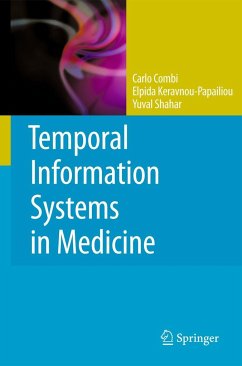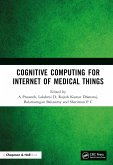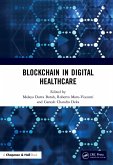Temporal Information Systems in Medicine introduces the engineering of information systems for medically-related problems and applications. The chapters are organized into four parts; fundamentals, temporal reasoning & maintenance in medicine, time in clinical tasks, and the display of time-oriented clinical information. The chapters are self-contained with pointers to other relevant chapters or sections in this book when necessary. Time is of central importance and is a key component of the engineering process for information systems.This book is designed as a secondary text or reference book for upper -undergraduate level students and graduate level students concentrating on computer science, biomedicine and engineering. Industry professionals and researchers working in health care management, information systems in medicine, medical informatics, database management and AI will also find this book a valuable asset.
From the reviews:
"This textbook by three scientists from Cyprus, Israel and Italy, fills a valuable niche for readers interested in medical informatics. ... Although the book's very broad sweep means that each individual topic receives limited space, the references point to sources for more information. The logical use of this book would be in courses on medical informatics. It is appropriate for readers who have both medical and informatics backgrounds." (E. P. Hoffer, ACM Computing Reviews, September, 2010)
"This textbook by three scientists from Cyprus, Israel and Italy, fills a valuable niche for readers interested in medical informatics. ... Although the book's very broad sweep means that each individual topic receives limited space, the references point to sources for more information. The logical use of this book would be in courses on medical informatics. It is appropriate for readers who have both medical and informatics backgrounds." (E. P. Hoffer, ACM Computing Reviews, September, 2010)








